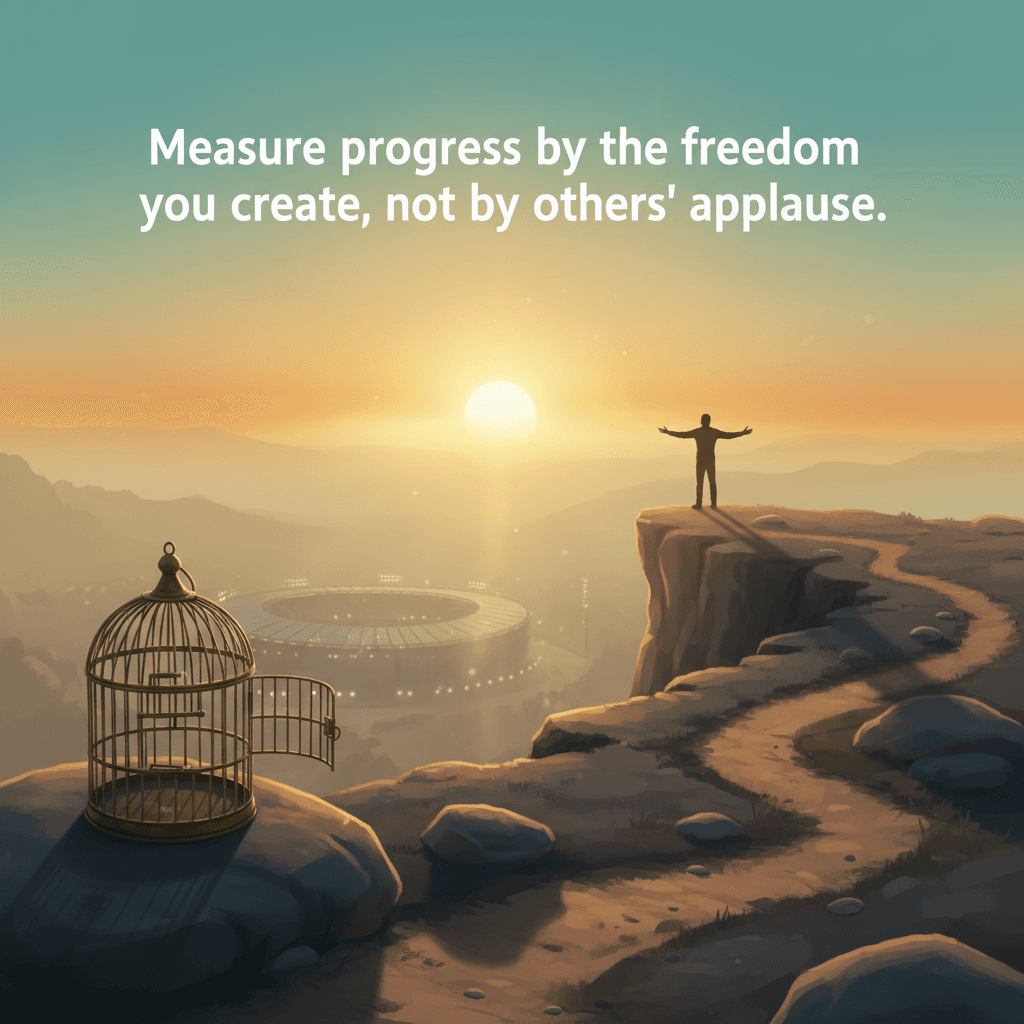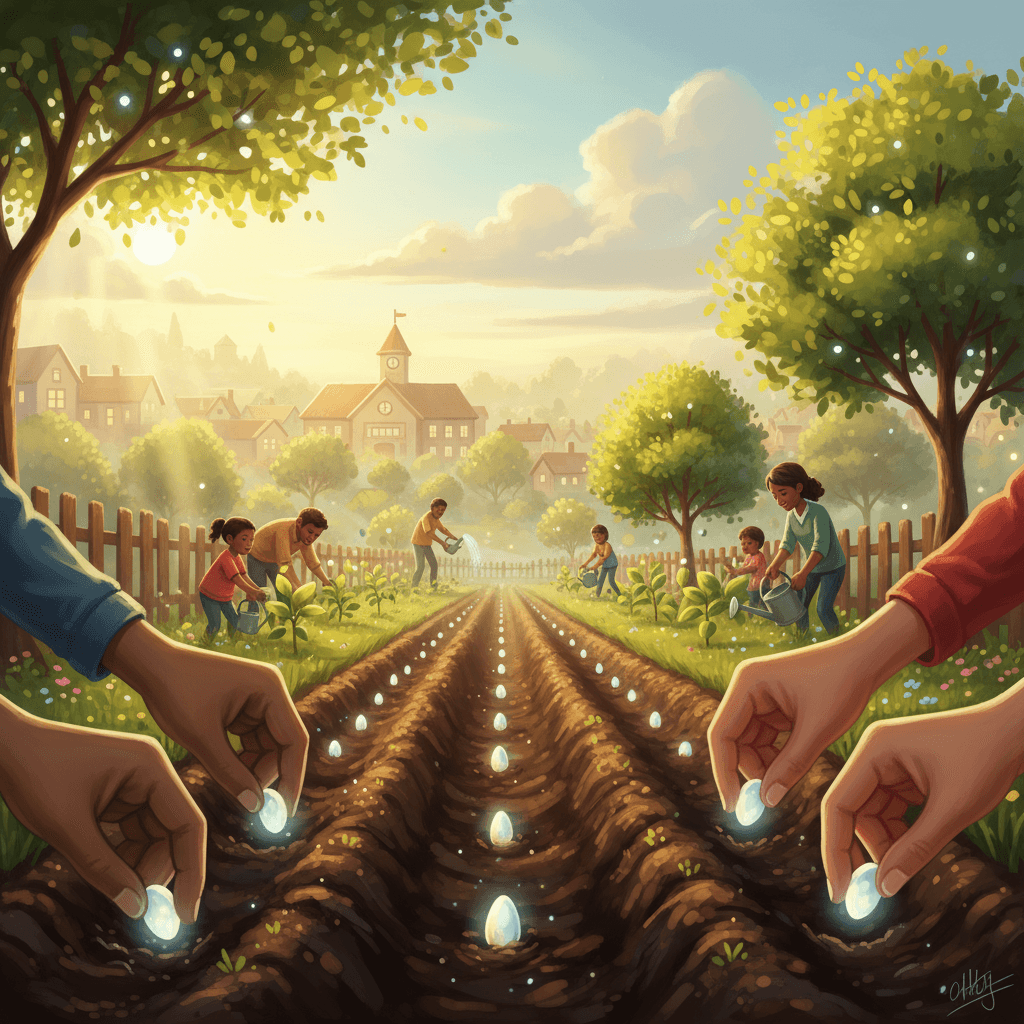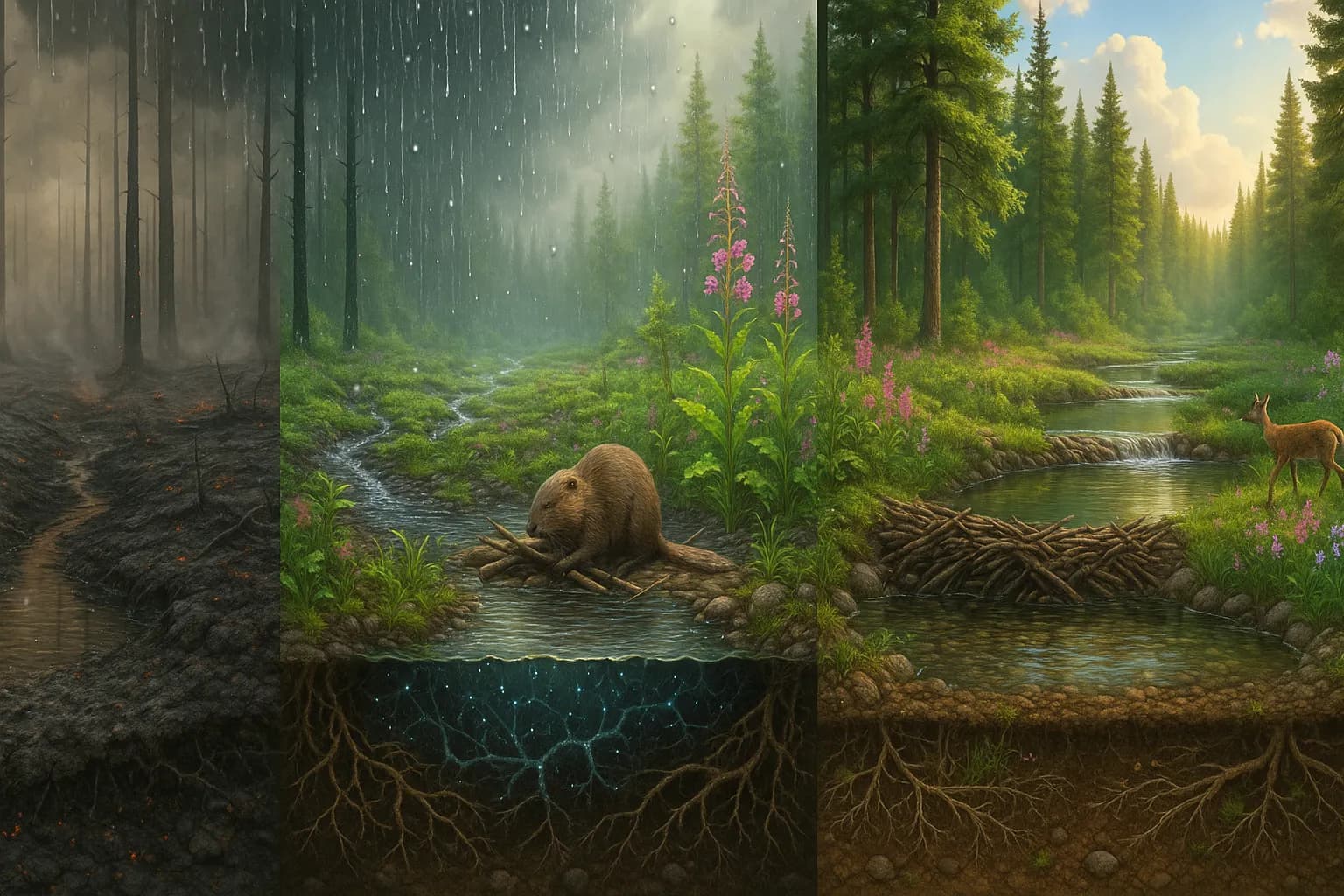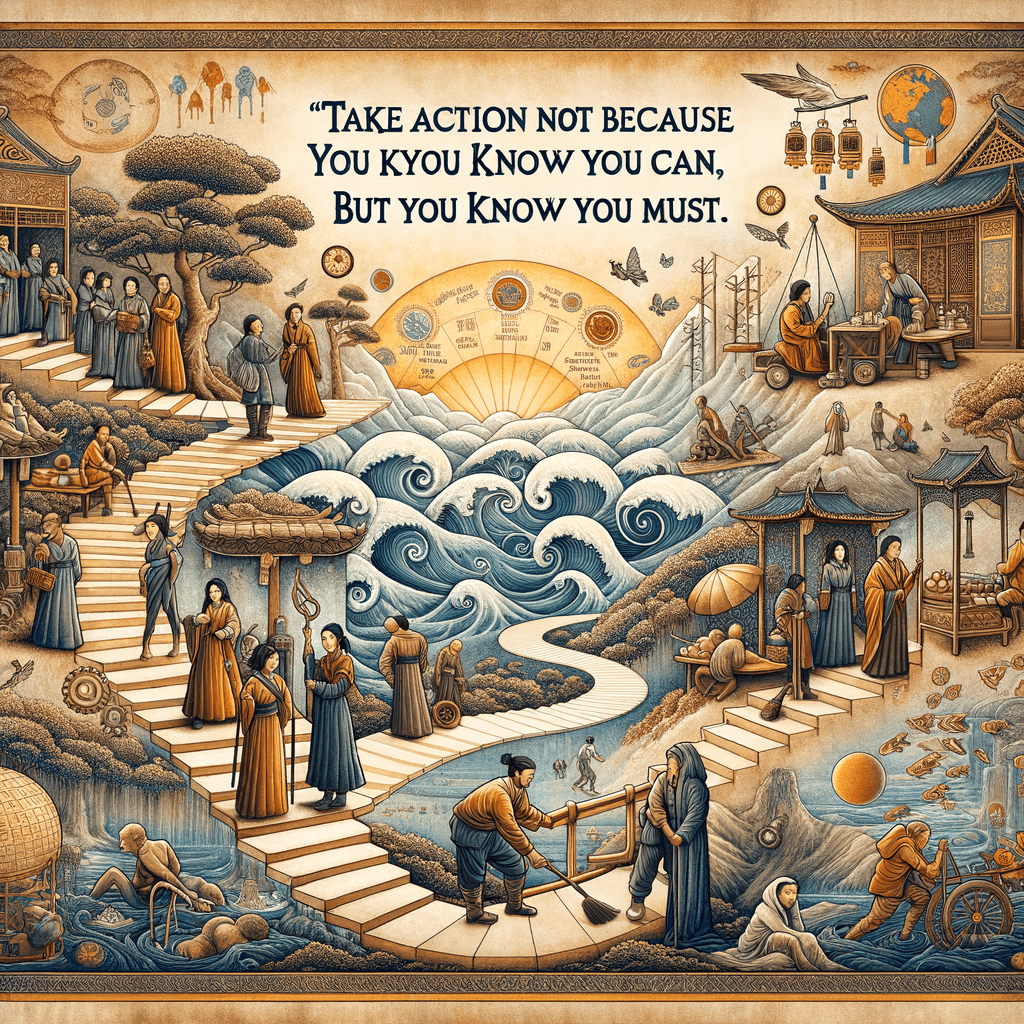Amartya Sen
Amartya Sen is an Indian economist and philosopher who received the 1998 Nobel Prize in Economic Sciences for his contributions to welfare economics, social choice theory and development. His work on poverty, famine, justice and the capability approach emphasizes expanding opportunities and public reasoning, aligning with themes of generating ideas and cultivating effort for social good.
Quotes by Amartya Sen
Quotes: 7

Progress Measured by Lives Changed, Not Applause
Finally, Sen’s advice offers resilience in a world that constantly scores people by popularity. If progress depends on applause, motivation becomes fragile—rising and falling with public mood. But if progress is anchored to the well-being of others, it can endure obscurity, setbacks, and delayed recognition. In practice, this ethic encourages a quieter ambition: aim to leave someone freer, safer, or more hopeful than before. Over time, the applause may fade anyway, but a life moved becomes a lasting testament—one that does not require an audience to be real. [...]
Created on: 12/19/2025

Empathy-Driven Policy: Clarity Through People-Centered Design
In practice, co-creation changes outcomes. Participatory budgeting in Porto Alegre redirected spending toward underserved neighborhoods; studies found increased investment in sanitation and health, with associated reductions in infant mortality (Gonçalves, World Development, 2014). Likewise, Kerala’s long-run emphasis on public health, literacy, and civic participation helped deliver social indicators outpacing income levels (Drèze and Sen, India: Development and Participation, 2002). These cases illustrate Sen’s claim: when people articulate what impedes their freedoms, policy targets become sharper and delivery more credible. [...]
Created on: 11/3/2025

Progress as Freedom, Not Applause: Sen’s Measure
At the organizational level, applause appears as downloads, likes, or press hits. A freedom-centered scorecard asks different questions: how many users can complete core tasks without assistance? How easily can they export their data, switch providers, or set meaningful defaults? What fraction of employees have flexible schedules, clear grievance channels, and equitable promotion pathways? Such metrics track reversibility, portability, and autonomy—signals that people are less trapped and more empowered. They are harder to inflate, yet far more predictive of durable impact. [...]
Created on: 10/30/2025

Cultivating Generous Ideas for Lasting Social Good
Moreover, tending ideas means disciplined empiricism: measure, pilot, iterate. The Human Development Reports (since 1990), influenced by Sen and Mahbub ul Haq, reframed progress beyond GDP, guiding resources toward health and schooling. In parallel, field experiments and mixed-methods studies—popularized by Banerjee and Duflo’s Poor Economics (2011)—show how small design tweaks change outcomes. When evidence flows back into debate, ideas neither ossify nor drift; they learn. [...]
Created on: 9/29/2025

Refusing Stagnation: Turning Thought Into Tools
Finally, turning thought into tools is a habit. Frame problems in human terms; test ideas against data; expose plans to public critique; and pilot policies small before scaling. As The Idea of Justice (2009) emphasizes, comparative improvements beat utopian blueprints—so iterate, learn, and recalibrate. In doing so, reflection acquires handles: feedback loops, clear metrics, and open forums that transform good intentions into better outcomes. Thus, resistance to stagnation becomes a method—one that steadily enlarges people’s real freedoms. [...]
Created on: 8/10/2025

Advancing Culture Through Kindness and Public Reason
Yet kindness requires steering, and public reason provides it. Development as Freedom (1999) frames progress as expanding capabilities through open scrutiny of policies, while The Idea of Justice (2009) contends that comparative, public reasoning can reduce injustice without waiting for utopia. Reason operationalizes compassion: it tests reforms, tracks unintended effects, and invites dissent. Without it, benevolence curdles into patronizing charity; with it, empathy becomes policy. Consequently, cultures advance not by sentiment alone, but by arguments that others—especially critics—can accept. [...]
Created on: 8/10/2025

Take Action Not Because You Know You Can, But Because You Know You Must - Amartya Sen
Amartya Sen, an influential economist and philosopher, focuses on welfare, justice, and human capabilities. His works often reflect on the ethical implications of choices and the importance of taking responsibility for social outcomes. [...]
Created on: 8/12/2024